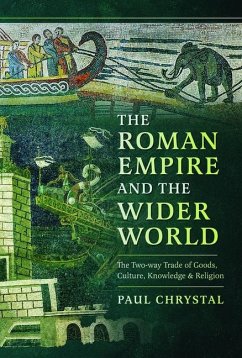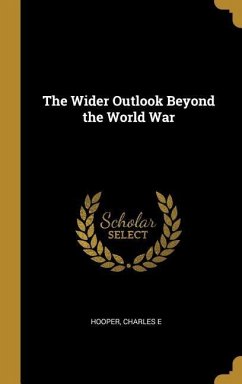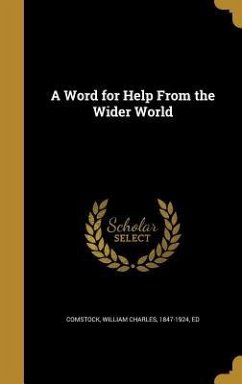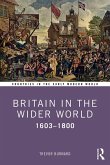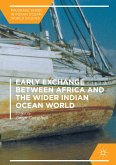Much has been written about the great extent encompassed by the Roman Empire's borders, their armies' attempts to expand and defend them, and about the extent to which 'Romanization' imposed a uniform culture within them. But far less attention has been lavished on Rome's relations with the wider world that lay beyond these porous borders. A citizen shopping in the jostling market of a Roman city could buy amber or fur from Scandinavia, ivory from sub-Saharan Africa, spice from India or Chinese silk, among a host of other exotic foods and luxuries. These goods did not just show up at the nearest port; they were the result of centuries of trade missions, trade deals and a general compulsion to explore the outside and largely unknown world. Paul Chrystal examines Rome's relations with the world it never conquered, describing what the Romans knew of it, how trade relations were established and commerce conducted. He explores the major trade routes such as the fabled Silk Road to China and the sea routes to India, as well as many more. He details embassies and exploratory missions conducted across thousands of miles to open trade and diplomatic links, such as that of Chinese general Bao Chao sent to contact the Romans. Importantly he discusses trade in both directions and emphasizes that along with goods went a two-way exchange of people, ideas, knowledge, and culture. Along the way, topical themes such as immigration, inclusion and xenophobia are raised. From Finland to Lake Chad, and from Ireland to India and China, the Romans left their mark upon the wider world, a world that in turn left its indelible mark upon their Empire.
Hinweis: Dieser Artikel kann nur an eine deutsche Lieferadresse ausgeliefert werden.
Hinweis: Dieser Artikel kann nur an eine deutsche Lieferadresse ausgeliefert werden.

